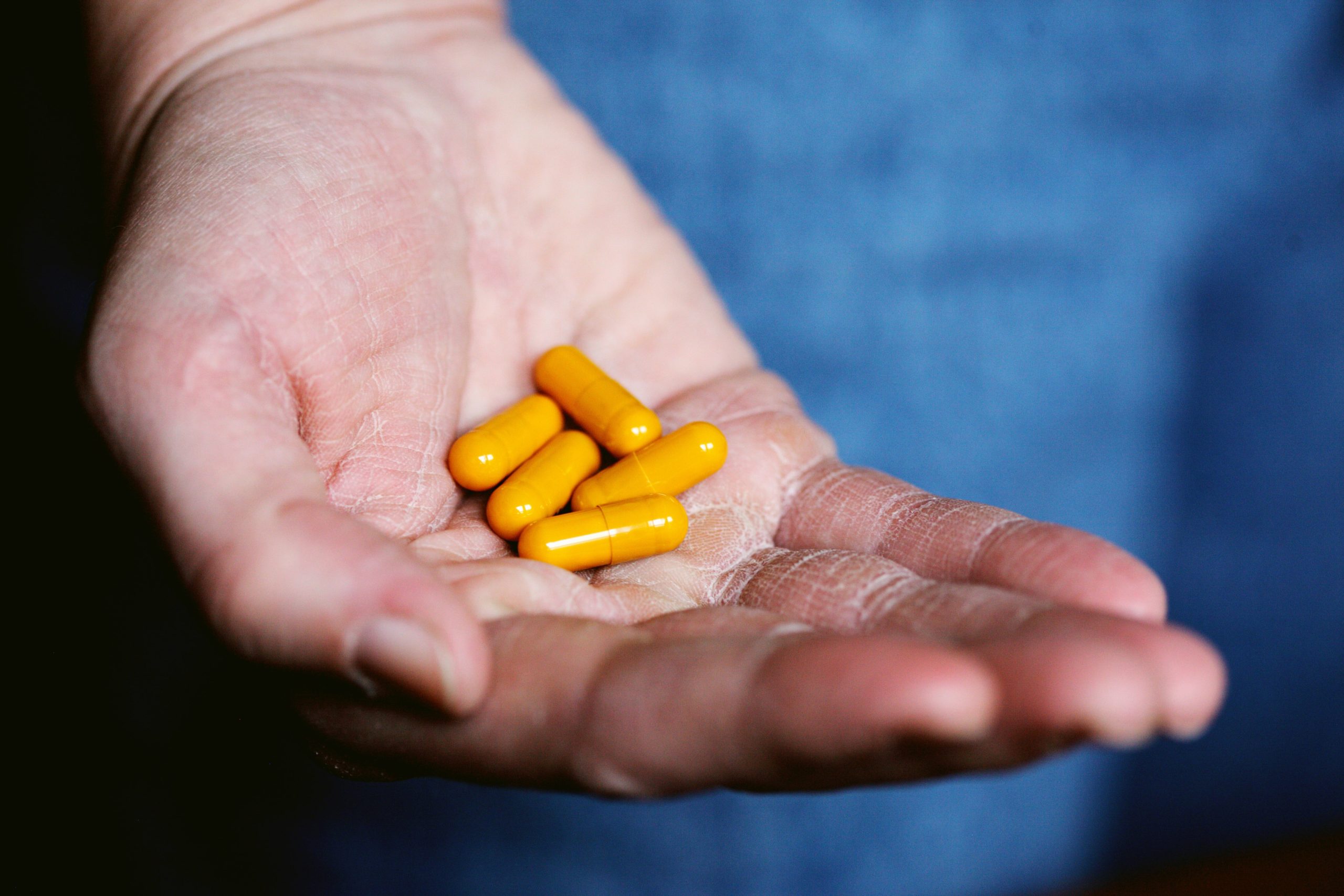Heart disease is one of the leading causes of death in the world, and statins have been the traditional weapon used to fight it. However, new non-statin drugs are on the rise that could change everything. These medications show promising results for reducing heart attack risk without some of the negative side effects commonly associated with statins. In this blog post, we’ll explore these new drugs and what they mean for patients at risk of heart disease. Get ready to discover a whole new way to protect your heart!
The dangers of heart disease
Heart disease is the leading cause of death in the United States, and while statin drugs have been shown to be effective in reducing the risk of heart attack, they come with a host of side effects that can make them difficult for some people to take. Non-statin drugs, such as niacin and fibrates, are becoming more popular as alternatives to statins, but they also come with their own risks.
Niacin, or vitamin B3, is often used as an alternative to statins because it has been shown to lower LDL cholesterol and raise HDL cholesterol. However, niacin can cause side effects such as flushing, itching, and stomach upset. Niacin can also interact with other medications, so it’s important to talk to your doctor before taking it.
Fibrates are another class of drugs that are often used as an alternative to statins. Fibrates work by lowering triglycerides and raising HDL cholesterol. Like niacin, fibrates can cause side effects such as gastrointestinal issues, but they can also cause kidney problems in some people. Again, it’s important to talk to your doctor before taking any fibrate medication.
The rise of non-statin drugs
In recent years, there has been an increase in the use of non-statin drugs to treat high cholesterol and prevent heart attacks. These drugs, known as PCSK9 inhibitors, work by reducing the production of LDL cholesterol in the liver.
Studies have shown that PCSK9 inhibitors are effective at reducing LDL cholesterol levels and preventing heart attacks. In one study, patients who took a PCSK9 inhibitor saw a reduction in LDL cholesterol of over 50%. Additionally, the risk of having a heart attack was reduced by approximately 20%.
The use of PCSK9 inhibitors is a promising new development in the fight against heart disease. These drugs offer a potential new option for patients who are unable to take statins or who are not responding well to statin therapy.
How non-statin drugs work
There are a number of different non-statin drugs that can be used to help lower heart attack risk. These include medications like aspirin, beta blockers, ACE inhibitors, and calcium channel blockers. Each of these drugs works in a slightly different way, but they all work to ultimately lower blood pressure and improve blood flow throughout the body.
Aspirin is perhaps the most well-known of these drugs. It works by inhibiting the production of thromboxane, a substance that promotes clotting. This helps to prevent dangerous blood clots from forming, which can lead to a heart attack. Beta blockers work by blocking the effects of adrenaline and other stress hormones. This can help to reduce blood pressure and improve blood flow.
ACE inhibitors work by blocking the action of an enzyme called angiotensin-converting-enzyme. This helps to widen blood vessels and improve blood flow. Calcium channel blockers work by interfering with the movement of calcium into cells. This helps to relax smooth muscle tissue and improve blood flow.
The pros and cons of non-statin drugs
The pros and cons of non-statin drugs have been debated for some time. On the one hand, they offer a potential alternative to statins for people who cannot tolerate them or who have contraindications to their use. On the other hand, there is limited evidence to support their use, and they are generally more expensive than statins.
The debate is likely to continue as more data on the efficacy and safety of non-statin drugs become available. In the meantime, patients and physicians should weigh the pros and cons of these drugs before making a decision about their use.
Are non-statin drugs right for you?
There are many different types of cholesterol-lowering drugs on the market today. Statin drugs are the most commonly prescribed, but they are not right for everyone. If you have heart disease or are at risk for heart attack, your doctor may recommend a non-statin drug to help lower your cholesterol.
Non-statin drugs work in different ways to lower cholesterol. Some reduce the amount of cholesterol your body produces, while others help your body remove cholesterol from your blood. The type of drug that is right for you depends on your individual medical history and health condition.
If you have heart disease or are at risk for heart attack, talk to your doctor about whether a non-statin drug is right for you.
Conclusion
Non-statin drugs are an effective way to help reduce the risk of heart attack, and they have become increasingly popular in recent years. While statin drugs may be the most familiar type of medication for reducing cholesterol, non-statin drugs offer a safe and effective alternative that is worth exploring if you are at risk of a heart attack. With so many different medications available to choose from, it can be confusing to determine which one is right for you. Make sure you talk with your doctor before starting any new medication and always follow their instructions carefully.









